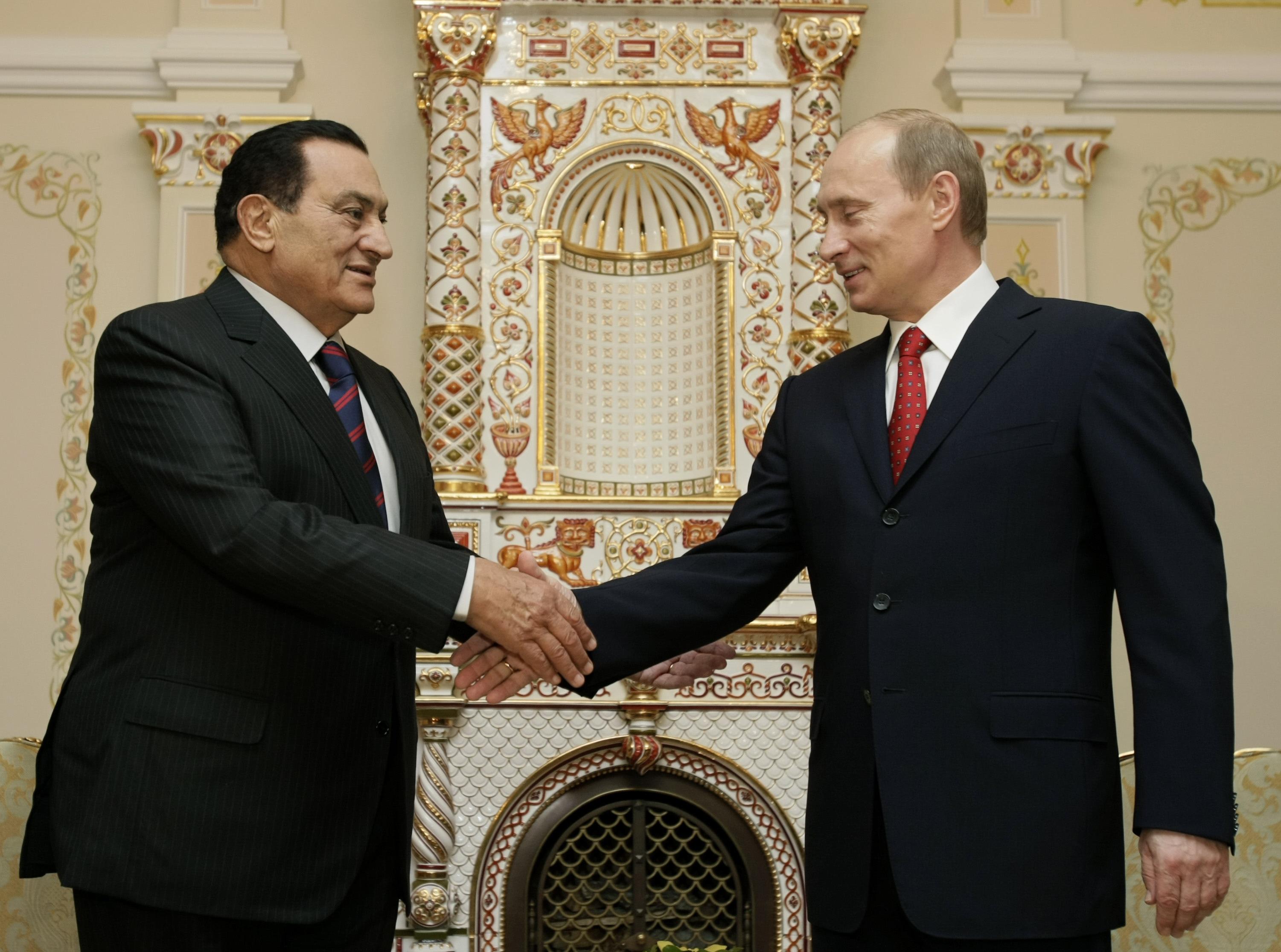Egyptians went to the polls today to vote in a referendum on a new constitution, which is expected to be approved in a landslide. As the New York Times reports, the vote is “widely viewed as the presidential campaign kickoff of Gen. Abdul-Fattah el-Sisi,” the military leader who ousted elected President Mohamed Morsi of the Muslim Brotherhood last year.
If Egypt continues on its current political trajectory—hardly guaranteed in light of recent events—it appears likely to return to a system of elections like those held under former President Hosni Mubarak, in which the country’s most popular political party is mostly or entirely marginalized.
This is what George Washington University political scientist Michael K. Miller, in a recent study of the history of authoritarian elections, refers to as a low-contestation election—one in which the vast majority of the population can theoretically vote but the system is set up so they have few choices on whom to vote for.
Looking at elections held since 1815, Miller argues that authoritarian elections have always been common, but have changed in how they’re conducted. The most common type used to be electoral oligarchies, in which the vote was genuinely contested but the electorate was severely limited to certain economic, social, or racial groups. “About half of all cases of electoral oligarchy occurred in Latin America prior to 1940; other examples include Spain for most of 1834–1922, Romania from 1878–1939 and Japan from 1868–1914,” Miller writes.
After World War II, and to an even greater extent after the Cold War, democratic norms spread to the point that even the most authoritarian governments have to at least go through the motions of electoral process. (Even North Korea has the word “democratic” in its name.) But modern authoritarian elections are for the most part controlled not by limiting who can vote, but who can run. Think of the contrast between, say, apartheid South Africa and Putin’s Russia.
So is there any point to these elections? On the one hand, they give opposition groups a fixed point to rally around and a standard to measure a country’s actual level of democracy against. On the other hand, they can give a nondemocratic regime a veneer of legitimacy.
Miller argues that autocratic elections are actually beneficial toward helping a country transition to democracy:
Experience with autocratic elections can greatly improve a country’s chances at attaining and securing democracy, but contrary to the existing literature, it is the impact on democratic survival that stands out. Stable democracy has never developed without an extended prior experience with autocratic or pre- independence elections.
It’s certainly a frustrating process, but over time, sham elections seem to be a precondition for eventually holding the real kind.
